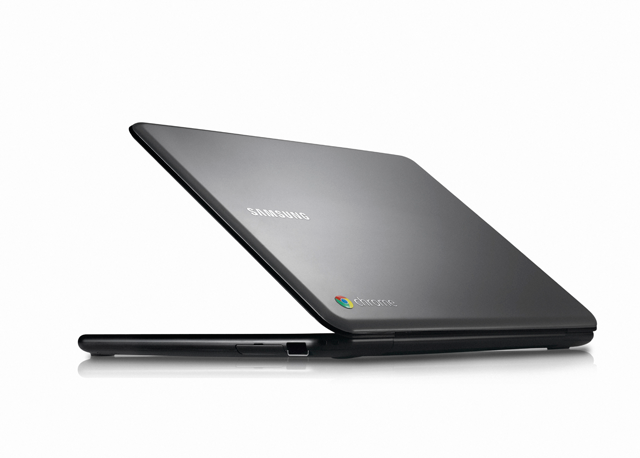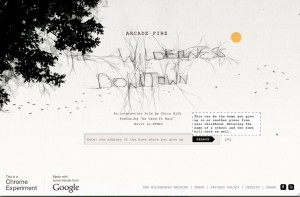The microprocessors that power today’s computers are running out of space. For decades engineers have found ways to shrink the circuitry that’s etched onto each chip’s surface, but that trend will soon collide with hard laws of physics. Intel engineers may have found a way to continue the relentless march toward ever-faster computers: 3D circuitry containing tiny fins of silicon that rise above the chip’s surface. http://www.nytimes.com/2011/05/05/science/05chip.html
Month: May 2011
Most of the e-books published so far have been on-screen versions of paper books. In this short TED presentation, Mike Matas gives us a peek at the possibilities when digital books combine state-of-the-art interactive multimedia with compelling text.
[ted id=1134]
The computer industry is trying to green up its act by creating more energy-efficient products. But according to David Moschella in his Computerworld column, computer manufacturers need to take a hard look at what happens to our tech tools and toys when we discard them and move on to newer devices.
The_Green_IT_movement_has_lost_the_plot
The_Green_IT_movement_has_lost_the_plot
Who owns your data? If somebody else collects information about you, should you have the legal right to see and use that information? New York Times Columnist Richard Thaler argues that consumers and businesses alike would benefit from laws ensuring that you have access to your information.
Read on New York Times site

In June, 2011, Acer and Samsung will release Web-only laptop computers with interfaces based on Google’s Chrome browser. Unlike other laptops, these inexpensive machines are designed to work only as Web-access devices.
http://www.wired.com/gadgetlab/2011/05/google-debuts-chromebook-the-web-only-laptop
http://www.wired.com/gadgetlab/2011/05/google-debuts-chromebook-the-web-only-laptop
 This groundbreaking music “video” by Chris Milk combines music, art, and interactive Web technology to create a deeply personal experience. You may need to switch Web browsers to make the experimental HTML 5 technology work, but it’s worth the effort.
This groundbreaking music “video” by Chris Milk combines music, art, and interactive Web technology to create a deeply personal experience. You may need to switch Web browsers to make the experimental HTML 5 technology work, but it’s worth the effort.Robotic cars aren’t just science fiction fantasies anymore. This short presentation takes you on a road trip in Google’s amazing driverless car as it navigates through crowded city streets and curvy mountain roads. Sebastian Thrun suggests that our roads will be much safer when we let machines do the driving. What do you think?
[ted id=1109]
 Intel co-invented USB. Apple invented FireWire. Now the two companies have collaborated to produce Thunderbolt, a fast, flexible technology that may eventually make both of those earlier technologies obsolete. Born in Intel’s research labs, Thunderbolt first appeared earlier this year in Apple’s Macbook Pro. Thunderbolt will provide lightning-fast connection speeds for monitors, hard drives, input devices, and other types of peripherals, once those peripherals are redesigned with Thunderbolt interfaces.
Intel co-invented USB. Apple invented FireWire. Now the two companies have collaborated to produce Thunderbolt, a fast, flexible technology that may eventually make both of those earlier technologies obsolete. Born in Intel’s research labs, Thunderbolt first appeared earlier this year in Apple’s Macbook Pro. Thunderbolt will provide lightning-fast connection speeds for monitors, hard drives, input devices, and other types of peripherals, once those peripherals are redesigned with Thunderbolt interfaces.www.intel.com/technology/io/thunderbolt/index.htm
Two people sitting next to each other in a coffee house can get wildly different results from the same Google search. Many Facebook users see only posts from friends who agree with them because Facebook is hiding posts from other friends. These two sites, and many others, use filtering software to personalize our Web experience. In this short, thought-provoking talk, Eli Pariser said this software is rapidly creating a world in which “the Internet is showing us what it thinks we want to see, but not necessarily what we need to see.”
[ted id=1091]